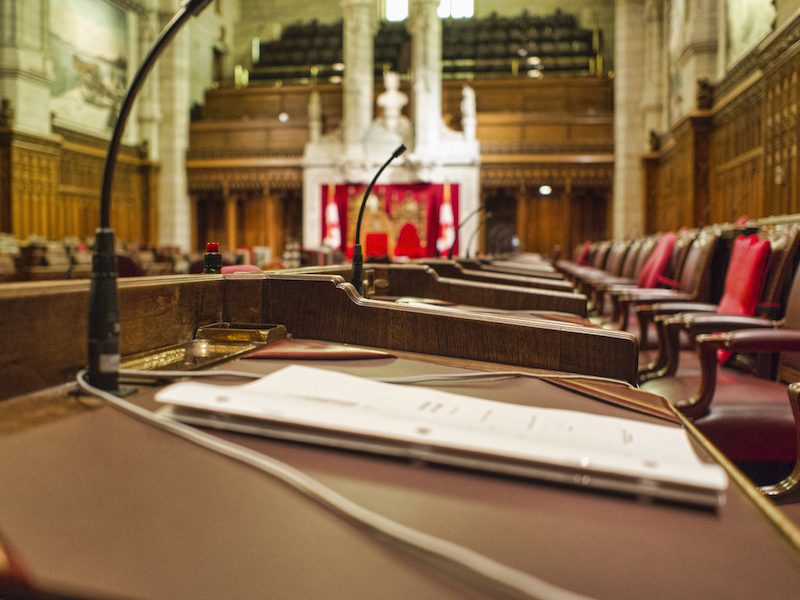
Cost estimates have been released for two housing-related proposals in Bill C-32 as well as the promise to eliminate interest on federal student loans.
The Office of the Parliamentary Budget Officer (PBO) estimated that doubling the first-time homebuyers’ tax credit to $10,000 will reduce revenues by $115 million from fiscal 2022–23 to 2026–27, while the anti-flipping rule will net $66 million over the same period.
Eliminating interest on federal student and apprentice loans as of April 1, 2023, which also was proposed in Bill C-32, will cost the government $2.7 billion over the same five years, the PBO estimated.
In calculating projected revenues for the residential property flipping rule, which will apply to homes sold on or after Jan. 1, 2023, the PBO assumed 50% of homeowners affected by the new rule would delay flipping their properties in response.
As first proposed in the 2022 federal budget, an individual who sells a residence within 12 months of acquiring it will be deemed to have flipped it unless they qualify for an exemption due to a “life event,” such as divorce or a death. Any profit from the sale of residential real estate (including rental property) within a year would be taxed as business income and be ineligible for either the 50% capital gains rate or the principal residence exemption.
Bill C-32, the legislation that would implement all three costed proposals, passed second reading in the House of Commons last week and is being considered in Senate committee.
Other housing measures in Bill C-32 include the introduction of the tax-free first home savings account (FHSA) and the multigenerational home renovation tax credit.